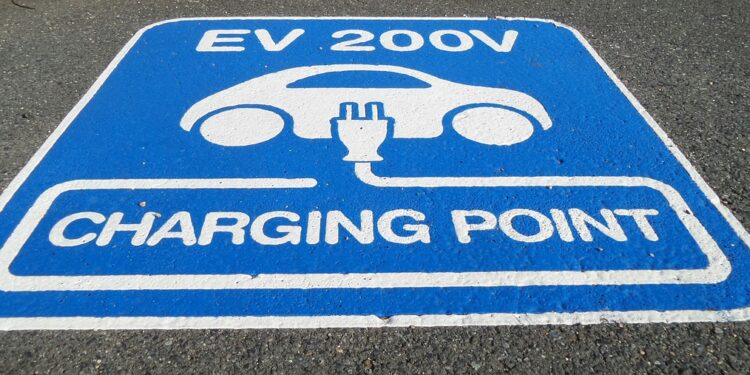Smart charging is the new trend in the EV charging space. Authorities are investing in smart EV charging to improve the whole charging process while avoiding the overloading of the power grid with the rising demand.
The UK government and Ofgem have recently published a plan to make the smart EV charging stations London the preferred mode for charging for the majority of people by 2025.
In this article, we will understand the concept of smart charging properly and several other things. However, let us first understand the concept of non-smart or traditional charging stations.
What Are Non-Smart/Traditional Charging Stations?
The non-smart system is similar to the concept of charging your phone with a charger. You plug in the charger when the battery of your phone is low and remove it once the battery is charged to its full capacity.
Similarly, the traditional EV charging occurs when a station offers charging services to the EVs without considering any parameters involved in the whole process.
So, when a charging station accounts for some parameters like charging price or the state of the power grid, then it can fall under the category of smart EV charging.
However, the limit of consideration of the parameters should not be stopped at one or two metrics.
Something About Smart EV Charging
Smart EV charging involves the means to adjust, manage, and control all aspects of EV charging. It happens when several parties like the EV, charging station, operator, and utility company communicate in real-time and share live data accurately.
In simple words, all the parties involved in the EV charging process must communicate to share data and optimize the whole process.
There are four elements in the whole process. Let us understand them properly.
Optimized Charging
It will help both the charging service provider and EV driver to optimize the charging process in terms of price and performance.
Smart Energy Management
It will oversee and manage the effect of EV charging on the power grid of the region. Smart energy management incorporates advanced analytics and modern sensors to calculate energy usage and control it properly. It leverages the power of new technologies like AI, Big Data analytics, IoT, and cloud computing to regulate the energy distribution in a house, business company, or a full-fledged city.
Let us understand this by example.
Let us say an EV owner plugs in the car at his home to charge it overnight. As time progresses, other appliances come into play, and the energy load rises. The smart charger will limit the EV charging to avoid overloading and resume it once the load of other devices reduces.
Remote Management & Deep Analytics
With the help of a smart mobile app or web platform, users and operators can manage the charging process of the EV without going through any unnecessary hassle.
Superior Charging Technologies
There will be a need to incorporate modern technologies to offer smart charging features on the stations and manage their functionality properly.
What Are The Top Smart EV Charging Features?
Here are some of the essential features of smart chargers.
Optimized Scheduling
The smart charging system should be able to improve EV charging with respect to cost and performance. It must possess the ability to promote EV charging in a timeframe when there is a low demand for energy or offer smart scheduling options to the drivers.
Dynamic Load Management
A smart charging system must regulate the charging time and power of the station with respect to the price and grid availability. It should be able to sense the peak demand for energy and shift the EV charging to the period when there is less stress on the grid. Moreover, it should be able to regulate the power of charging stations according to demand and energy availability.
Smart Energy Management
A smart charger should be able to sense the impact of charging on the grid and regulate the whole process to distribute the energy properly among all the parties.
Remote Access
A smart charger should come with remote access functionality so that the administrators can control the charger and oversee all the metrics without any hassle. With cloud-computing and IoT-powered architecture, the management can manage everything remotely.
Smart App
The smart EV charging system should come with a simple yet interactive app for the drivers, where they can access all the relevant information quickly. They can select the desired payment method and set other related elements of the smart charging under one roof.
The Bottom Line
With the rising demand for energy due to the advent of electric vehicles, it is necessary to invest in and promote smart EV charging systems. It can ensure proper distribution of energy and offer low-cost charging solutions to the drivers.





























